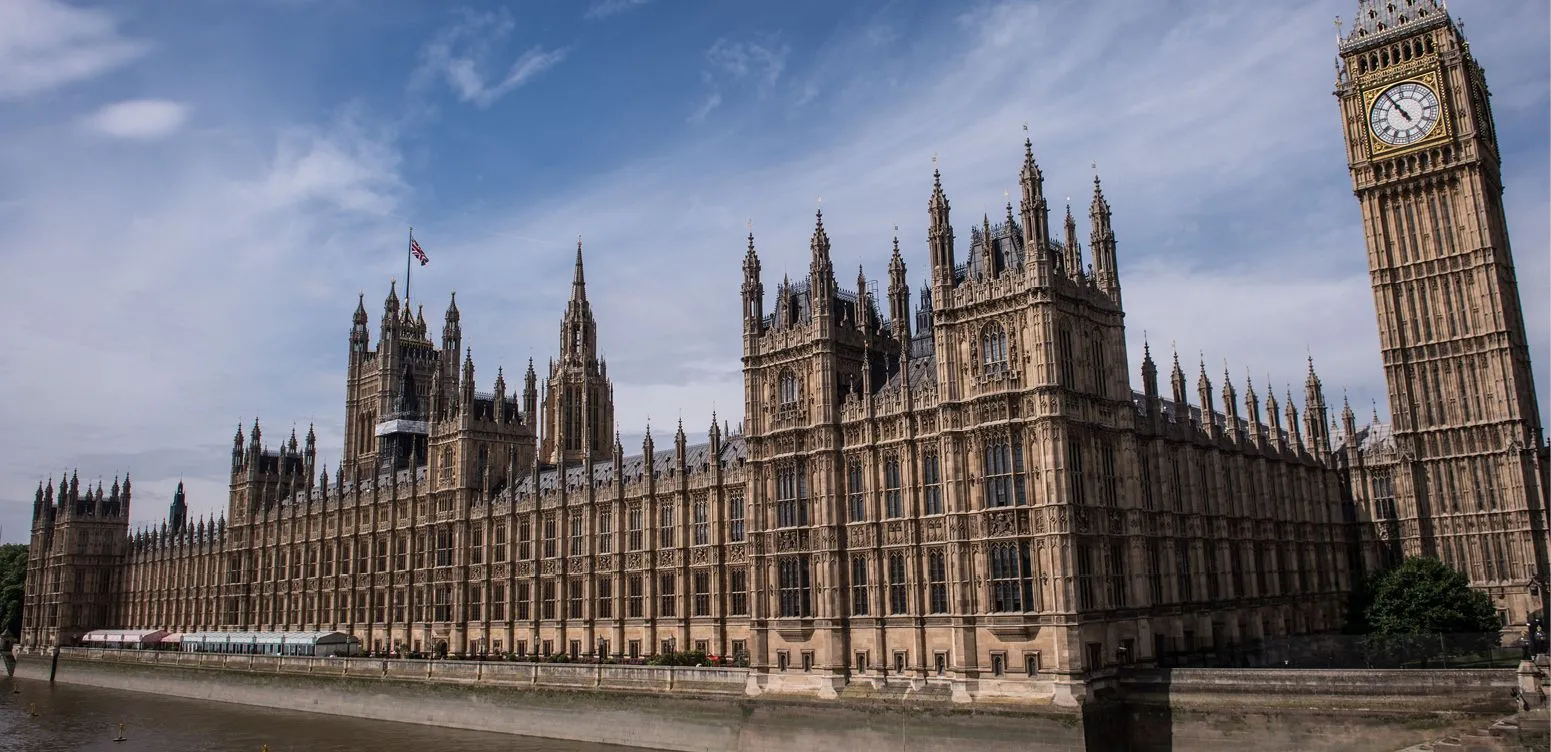UK Budget briefing for members
By Shona Mitchell, SFHA Policy Lead.
By Shona Mitchell, SFHA Policy Lead.

Chancellor Rishi Sunak has set out his Budget, stating it was focused on ‘stronger growth, stronger public services and stronger employment’. He said the UK government wants to invest in an innovative economy, but predicted challenging months ahead as a result of Covid-19, rising inflation, supply chain challenges and high energy prices. Despite this, he told the Commons the Office for Budget Responsibility (OBR) expects the economy to return to pre-Covid levels at the turn of the year.
On the general economic outlook, the Chancellor outlined the following findings from the OBR forecast:
Mr Sunak also announced that a new charter for fiscal responsibility will be introduced. It includes a commitment to spend 3% of GDP on capital spending, that underlying public debt as a percentage of GDP must fall, and the government will only borrow to invest in growth, with everyday spend covered by taxation. It also commits a return to spending 0.7% of GDP on international aid by 2024–25.
The Chancellor stated Scottish Government funding is to increase by £4.6 billion each year. The Scottish Budget is due to be announced by Finance Secretary Kate Forbes in early December. SFHA will issue further updates during the passage of the bill.
In addition to the devolved funding details, there were a number of announcements on wages and Universal Credit which will be of interest to SFHA members. These changes are outlined below:
- The National Living Wage will rise by 6.6% to £9.50 per hour.
- The National Minimum Wage will also see rises:
It was also announced the Universal Credit ‘taper’ rate would be cut by 8%, no later than 1 December, so that instead of losing 63p of benefit for every £1 earned above the work allowance, the amount will be reduced to 55p.
These changes to the amount families can keep from their earnings if they are on Universal Credit only partially offset the effect of withdrawing the £20-a-week uplift during the pandemic. SFHA was one of many organisations from across the UK which campaigned to see the £20-per-week uplift to the standard Universal Credit allowance, brought in to support claimants through the coronavirus pandemic, to be made permanent.
According to the Resolution Foundation, on average, recipients will lose £800-a-year. The foundation also states, of the 4.4 million UK households on Universal Credit, around 75% will be worse off as a result of decisions to take away the £20-a week-uplift, despite the Chancellor's new Universal Credit measures. But 1.2 million households would be better off by £900 a year than before the Budget. The latest employment figures for Universal Credit in Scotland show 38% of claimants were employed as of August 2021, so 62% of claimants in Scotland will not benefit from the changes to the taper rate.
The Joseph Rowntree Foundation (JRF) states, for those in work, the change to the taper rate and work allowance, alongside the National Living Wage increase, are very positive steps, allowing low-paid workers to keep more of what they earn. But the think-tank also states the reality is that millions of people who are unable to work or looking for work will not benefit from these changes, and, as the cost of living rises, it risks deepening poverty among this group at a time of increasing energy and food costs.
The full treasury documents are available here.